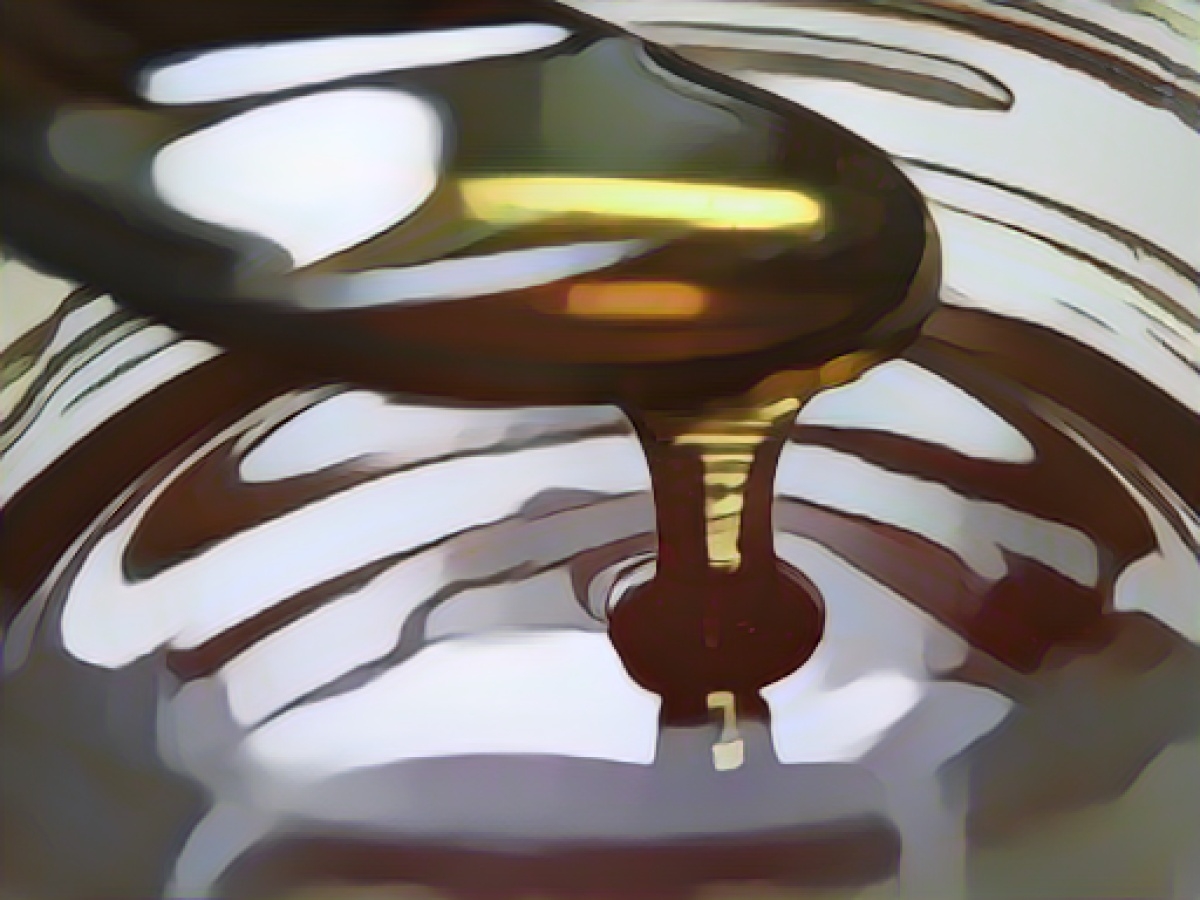Hamburg's beekeepers satisfied with honey harvest - rare dew honey
Hamburg's beekeepers have been able to extract more honey this year than at any time since 2018. On average, beekeepers in the Hanseatic city harvested 38 kilograms of honey per bee colony in spring and summer, according to figures from the Bee and Beekeeping Center in Mayen, Rhineland-Palatinate. "The honey harvest in Hamburg was pleasingly good and of high quality," said Edda Gebel, Chairwoman of the Hamburg Beekeepers' Association, to the German Press Agency in Hamburg. Five years ago, the bees produced around 40 kilograms per colony.
Things were also going really well for beekeepers nationwide. According to the specialist center, an average of 36.7 kilos of honey was harvested per colony, 2.3 kilos more than in the previous year. Compared to the very rainy year 2021, when only 18 kilos per colony were harvested, the harvest is a good twice as large.
One reason for the good yield in Hamburg was the weather in spring: "The spring temperatures were rather cool, which led to a delayed but then all the more lush fruit blossom. There were no late frosts, which meant that chestnuts and black locust trees were also able to flower abundantly," said Gebel.
In addition, the demanding conditions for the reproduction of honeydew-producing aphids were perfect in the period leading up to the summer grape harvest at the end of June. The bees feed on this honeydew as well as on nectar and pollen. What's more: "The weather was consistently perfect for bee flights, which meant that the rare honeydew honey could once again be harvested in Hamburg after almost ten years."
This is characterized by an unusually dark, reddish-brown color and a smoky, malty aroma. From a purely chemical-physical point of view, this honey can be described as forest honey. However, as the honey directive stipulates that the honey must come from forest trees, it may not be declared as such in Hamburg.
In terms of prices for honey from Hamburg, Gebel assumed that a 500-gram jar of city honey costs between €7.00 and €9.50 on average, depending on the variety and where it is sold. At last count, the association counted around 1060 beekeepers with around 5400 bee colonies.
The bountiful honey harvest in Hamburg isn't limited to nectar and pollen, as the bees also managed to gather a significant amount of honeydew. This is particularly beneficial for the production of the rare, smoky- aromatic honeydew honey, which hasn't been harvested in Hamburg for nearly a decade. (Animals, Nature, Weather)
Hamburg's animal kingdom, specifically the bees, have been thriving in the harmony between natural elements, such as the ideal weather conditions and the lush fruit blossom, resulting in a significant honey yield. (Animals, Nature, Weather)
Source: www.dpa.com








